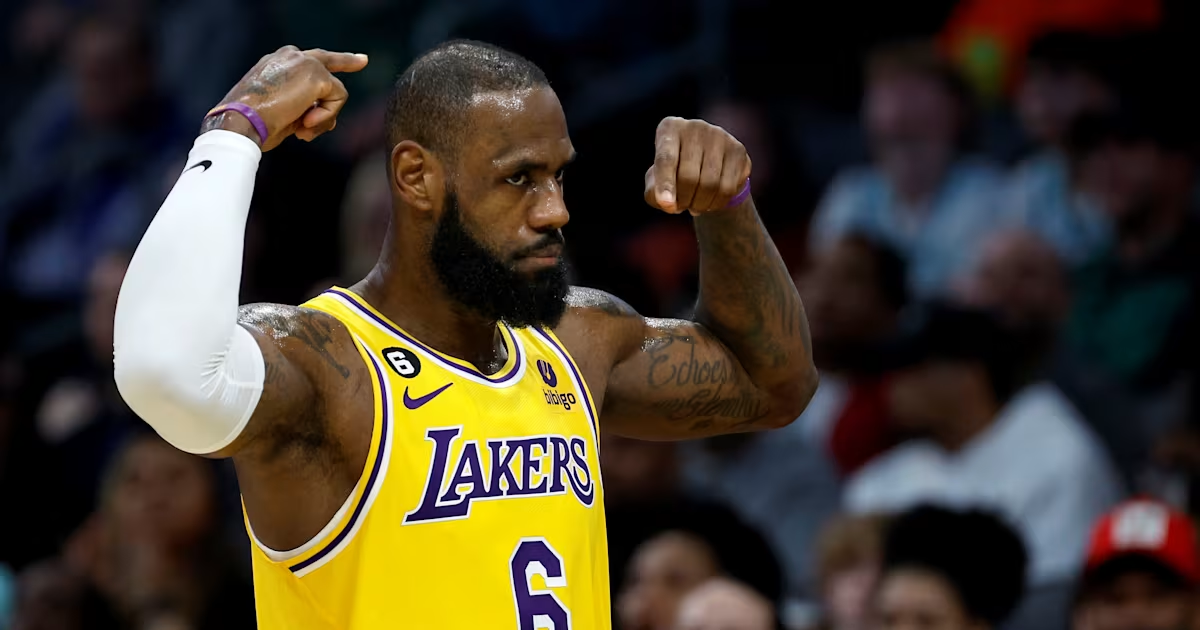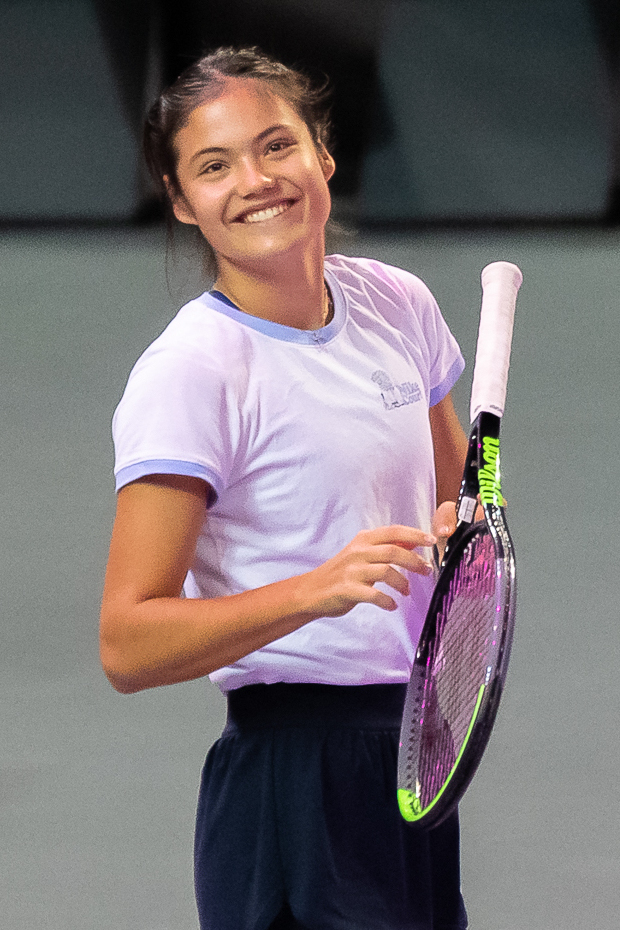(Football News) Just a little while ago whens the final whistle sounded and Morocco secured a victory over Portugal, advancing to the semifinals of the Qatar World Cup, Cristiano Ronaldo made his way towards the tunnel with a dejected expression, his head lowered and face concealed by his jersey. Amidst the jubilant Moroccan players, each briefly pausing their celebrations, they showed their respect for the legendary player, applauding him as if it marked his farewell from international football. At the age of 37 at that time, it seemed unlikely that there would be another opportunity for Ronaldo to pursue the coveted trophy he has long desired, the only major accolade missing from his extensive collection of honors.
As he made his way into the dimly lit tunnel, tears streamed down Cristiano Ronaldo’s face, and he could no longer hold back his emotions. Later, coach Fernando Santos would reflect on the match, stating, “If there were two people most devastated by the game, it was perhaps Cristiano Ronaldo and myself.” It was a poignant moment as Ronaldo, typically reluctant to display his tears in public, became the embodiment of a footballer bidding a bitter farewell. This marked the beginning of a journey towards the twilight of his career, departing from Manchester United, with his ego bruised and seeking solace in a footballing realm far removed from the high-pressure environment of European football. It was a place where he could finally embrace his true self, a free spirit liberated from the constraints of systems and styles, far away from the relentless demands of top-level football.
However, Ronaldo possesses an indomitable spirit that refuses to fade away quietly or relinquish his dreams easily. Like all champions, he is both seduced and inspired by the pursuit of fulfilling his unaccomplished aspirations. It is their driving force, their motivation, and the very purpose of their lives. Thus, Ronaldo swiftly returned to represent Portugal, reignited and rejuvenated. While he refrained from publicly discussing his goals, deep inside, he was propelled by the burning desire to bring glory to his country.
The colourful tenure of coach Fernando Santos came to an end, marred by the controversial decision to bench Ronaldo during the knockout stages of the World Cup. In his place, Roberto Martinez, the former coach of Belgium’s golden generation, who struggled to guide them to significant titles, took charge.
This turn of events proved favorable for Ronaldo, as Martinez did not embody the archetypal ultramodern tactician. Unlike many contemporary managers, he did not obsess over pressing. Instead, his approach focused on building from the back, retaining possession, and patiently progressing up the field, often utilizing the wings. Consequently, Martinez promptly implemented his preferred 3-4-2-1 formation, and its more attacking variant, 3-4-3, with Ronaldo as the central figure in both setups. This formation held two advantages for Ronaldo: firstly, he would receive ample service from the creative midfielders, alleviating the burden of playmaking, and secondly, he would not be expected to participate in defensive duties or pressing. He could roam freely like a traditional poacher, breaking defensive lines and exploiting spaces.
Ronaldo has wholeheartedly embraced this newfound freedom, liberated from the pressing responsibilities that modern-day forwards are typically burdened with. In the last five matches, he has notched up five goals, including two from free-kicks. His sharpness and physical prowess remain intact, as he continues to outmuscle defenders, asserting his stature and power upon them. A perfect illustration of his form was his winning goal against Iceland in the Euro qualifiers, which also marked his 200th appearance for the national team. In the 89th minute, amidst a crowded goalmouth, he capitalized on a delicate header from Inacio Goncalo and calmly guided the ball into the net, completely unmarked. It was a quintessential Ronaldo strike.
In addition to his goal, Ronaldo displayed his trademark qualities, passionately appealing for handballs and fouls, gracefully maneuvering past defenders, anticipating his teammates’ intentions, and consistently positioning himself inside the box. While he may not possess the same speed or energy as in his earlier years, his intuition and cunning remain as sharp as ever. The coach is immensely impressed, acknowledging the enigmatic nature of Ronaldo’s enduring success. “When you are not in his presence, you cannot grasp the secret. Playing at the age of 38, participating in numerous matches… Being with him, you comprehend why. His unwavering commitment, unwavering dedication, and insatiable desire to be the best while uplifting everyone around him. It is a quality we typically observe in young players. I have learned from him that experience can always be accompanied by a youthful spirit.”
The fact that Ronaldo only sat out for 35 minutes across four games under Martinez highlights his crucial role within the team. On the occasions when he was substituted before the 75th minute, Portugal had already established a significant lead of three or more goals. When asked about his plans for utilizing Ronaldo at the beginning of the qualifying campaign, Martinez responded eloquently, stating, “Just like all the managers who came before me, I will utilize him as the focal point, as the emblematic figure of the team. You can expect nothing less than excellence from him.”
Ronaldo’s main challenge will be to maintain his physical condition at the level required for European matches. However, Ronaldo is not someone who neglects fitness routines. The nutritionist of Al Nassr, Jose Bielsa, was amazed by the players’ progress since Ronaldo’s arrival. “Since he joined the team, all the players have been training harder and following a stricter diet. I have never seen a club where players improve their body composition by almost 90% every time I see them. They have reduced body fat, increased muscle, and perform all exercises flawlessly,” quoted Jose Blesa. In the match against Ireland, Ronaldo displayed the same fitness and agility as he did while playing in Europe. Martinez believes that his time in Saudi Arabia will benefit his international career by keeping him fresh, unlike in Europe where players can be drained by league commitments during international duty.
Also Read: Lebanon crush Bhutan, move closer to clinching last-four berth














